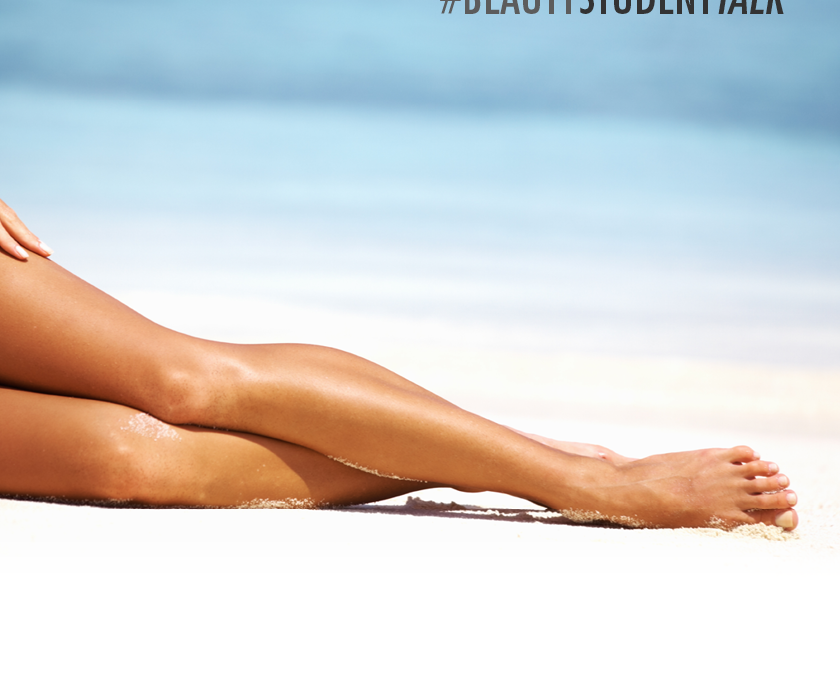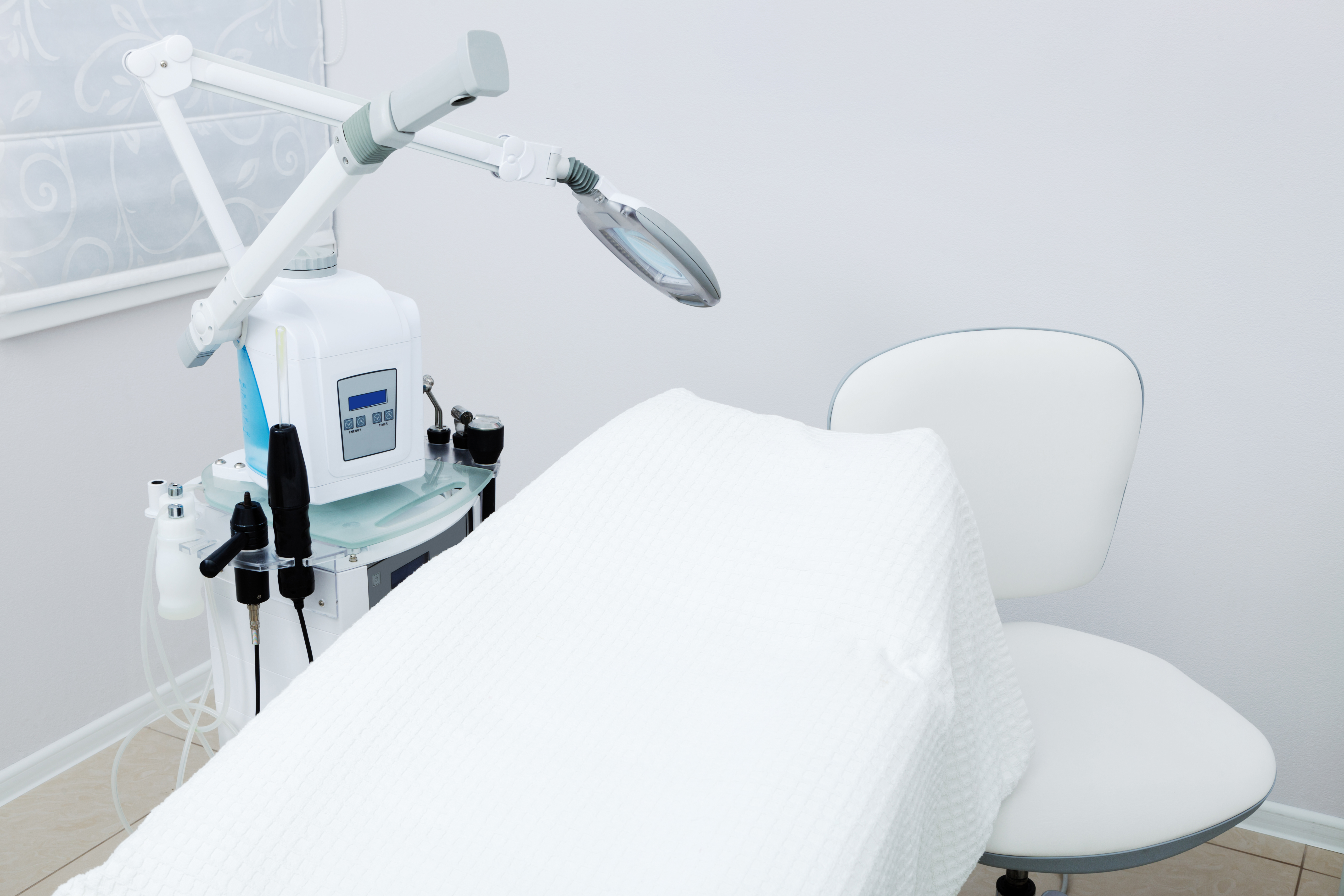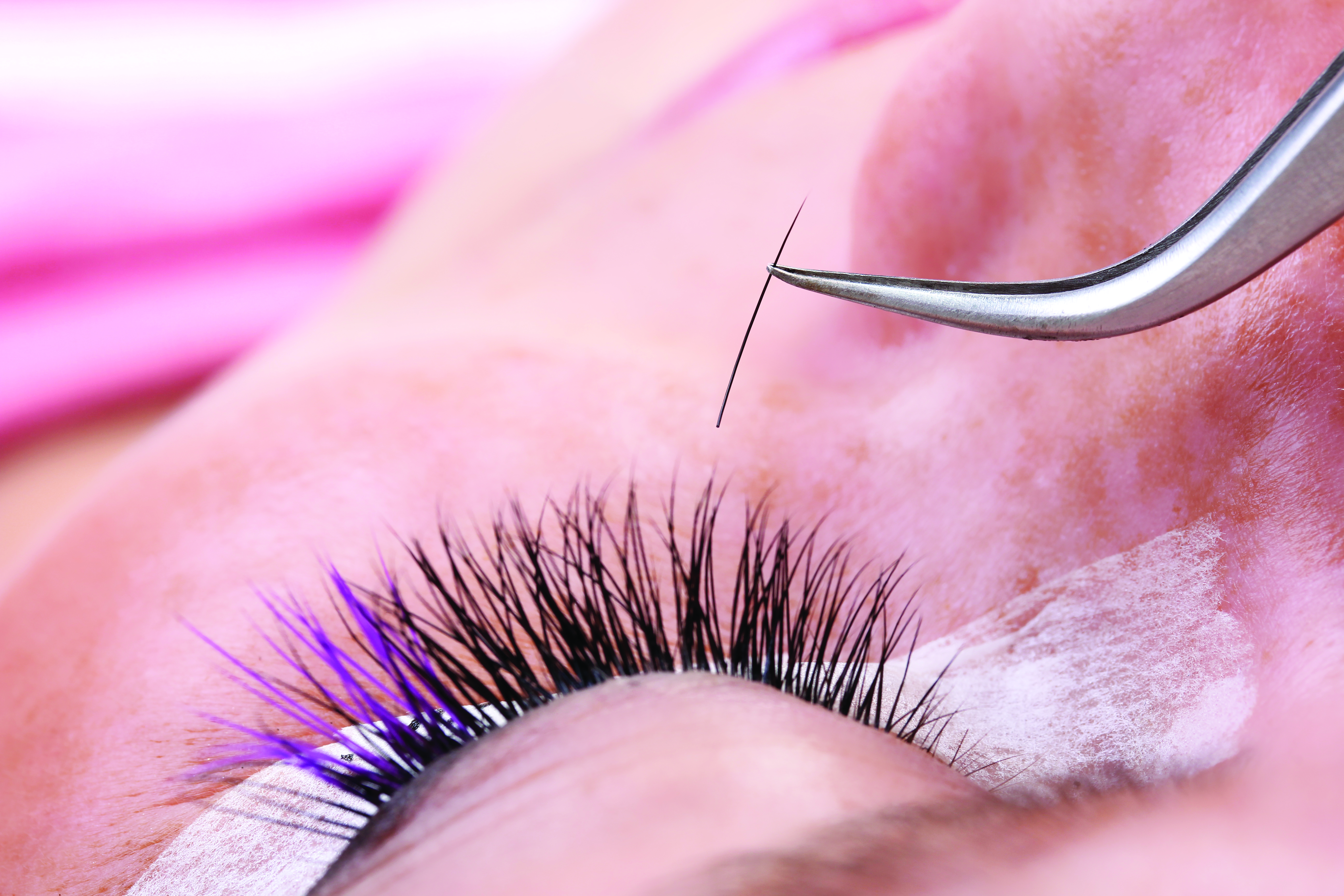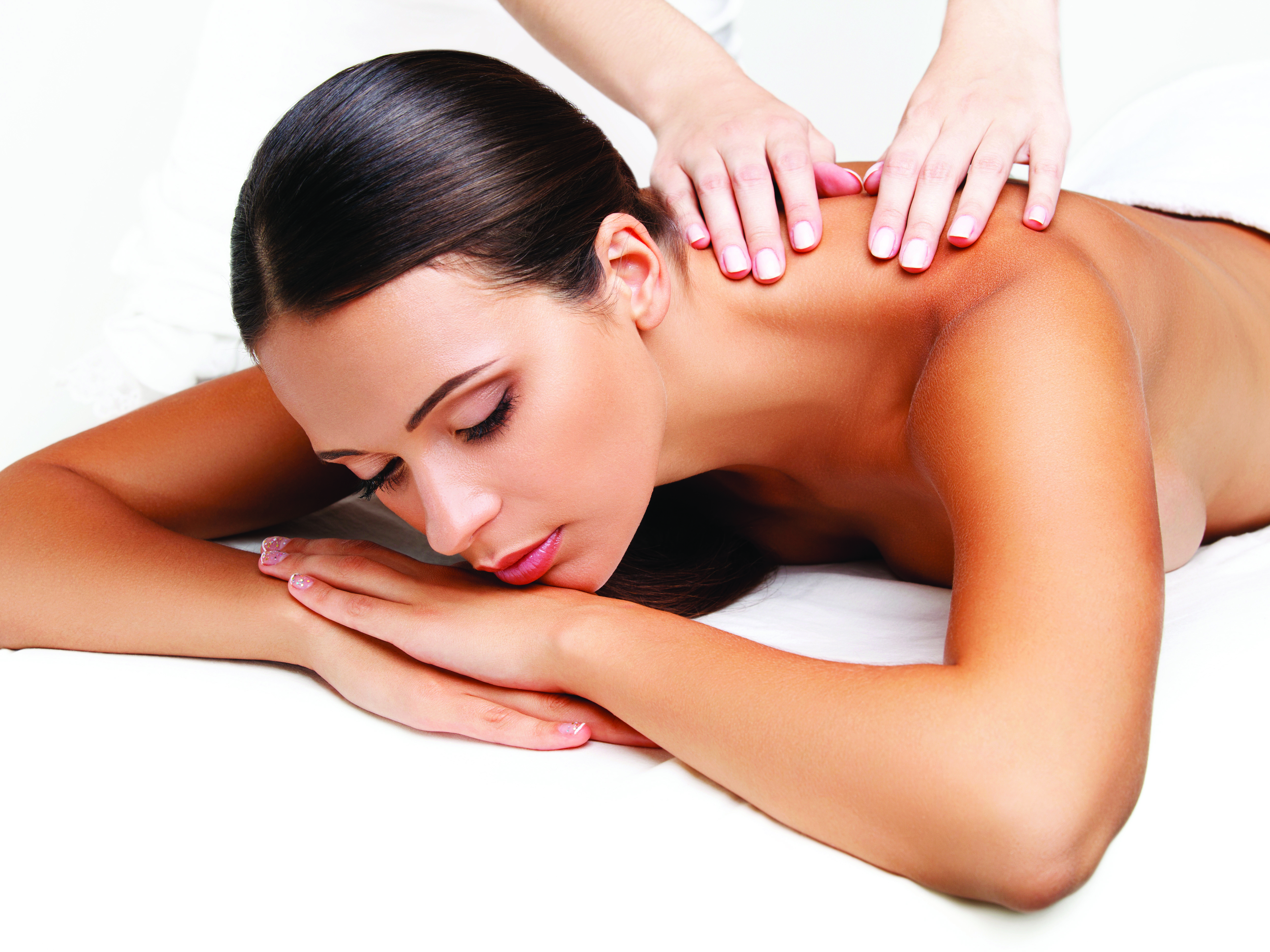
A career within the beauty industry can be a fulfilling and rewarding one. If you are looking to begin your career as a beauty therapist, you will need to gain a number of qualifications that are recognised and required across many salons and spas.
In last week’s post, we looked at the different beauty treatments that you can be trained for. To help you take the next step in your career, we’ve put together a handy guide for you to discover which beauty courses you will need to take in order for you to qualify as a beauty therapist in your chosen specialism.
What does a beauty therapist do?
Beauty therapy is a wide term that covers a number of treatments applied to the body and face. Beauty therapy doesn’t cover any medical procedures such as facial fillers, but it does include training for a number of services such as:
- Facials and skincare
- Hair removal
- Massages
- Make-up application
- Lash and brow treatments – such as shaping and tinting
- Manicures and pedicures
The treatments themselves are just part of the responsibilities you will have as a beauty therapist. You will also need other key skills so you can carry out proper health and safety protocols, maintain high levels of hygiene, understand what beauty products you need to use and be able to build strong relationships with clients. You might need to analyse and advise clients on what treatments they would benefit from, plus manage their appointment times.
The beauty industry is also extremely fast moving with new styles, techniques and trends emerging, allowing you to constantly learn new skills and apply some creativity – so, there is plenty to get stuck into!
How to Become a Beauty Therapist – What are the entry requirements?
So, what qualifications do you need to be a beauty therapist?
For those who wish to be fully qualified beauty therapists, you will need to complete an NVQ Level 2 and 3 in Beauty Therapy.
Whilst studying for these, you can start gaining experience through working as an assistant in a salon. This will provide you with skills and knowledge that will be vital for when you do qualify.
Some salons will accept junior trainees who have gained their NVQ Level 2 and allow them to continue studying for their NVQ Level 3 while working with them. However, there are also salons that will only accept fully qualified therapists who are fully trained at Level 3.
In order for you to be able to reach Level 2, you will need to undertake the following beauty courses which are accredited across the beauty board which you’ll need to begin your career:
-
Level 2 NVQ Diploma in Beauty Techniques
-
Level 2 NVQ Diploma in Beauty Therapy Services
-
Level 2 NVQ Diploma in Hair and Beauty Services
-
Level 2 NVQ Certificate in Beauty Salon Reception
Once you have gained these qualifications, you can then continue with further studies whilst you are working to enable you to qualify as a beauty therapist.
Where can I study for beauty therapy qualifications?
The courses listed above are usually studied at college on a full-time or part-time basis. However, if studying at college isn’t the best option for you, you may wish to train privately in a beauty school.
Beauty schools are great if you’re looking for a course that’s quicker and that may be more suited to your lifestyle, but it’s vital that you make sure you will receive recognised certificates for this. Bear in mind that private courses may be a lot more pricier than those available at college.
If you are studying beauty privately, ensure that the course will give you qualifications that are identified by CIBTAC and CIDESCO. For those looking at studying hair privately, make sure the course provides you with certificates recognised by the Hairdressing and Beauty industry (HABIA).
For those looking at studying for an apprenticeship, you’ll be able to join a salon and be trained on the job. These are run by the Government and are great for budding beauty therapists to begin learning straight away whilst also gaining an acknowledged award.
Find out more: Where Should I Study Beauty Therapy?
What qualifications do I need to be able to work as a beauty therapist?
For you to become a fully qualified beauty therapist, it’s important for you to complete a Level 3 NVQ qualification at college – although the chances are you’ll already be working as a beauty assistant so this will be while you are working. Many jobs in this industry require you to be trained in the following areas (subject to your chosen field):
-
Level 3 NVQ Diploma in Beauty Therapy (you’ll have the choice to study from make up, nails and spa treatment)
-
Level 3 NVQ Diploma in Advanced Beauty Therapy
-
Level 3 Diploma in Beauty Therapy Treatments
What do the beauty qualification courses usually involve?
Although many of the beauty courses will be based on practical work, there will also be a theoretical element to it. Being a qualified beauty therapist isn’t always just about making a client look good, it’s about understanding the impact procedures will have on their body. Therefore, it’s important for trainee therapists to learn about the basics of the body, physiology and dermatology before undertaking any treatments on clients.
Before you choose the beauty course you’d like to study, it’s important for you to find out what type of activities you will be expected to do and make sure that it’s the right one for you.
I’m a qualified beauty therapist. Can I continue to study?
Yes, of course. Even though you’ve qualified after gaining your level 3 NVQ qualifications, it doesn’t mean that your learning journey has to end. In the beauty world, there’s a wide range of beauty treatments that you’ll be able to learn about in order to develop both your skills and knowledge.
There are a number of different courses which you could go on to study, including epilation techniques, laser and light treatments, face and body art, UV tanning and even Mendhi skin decoration.
Many of these courses tend to be ran by private beauty schools and colleges. Make sure these certificates are recognised by ITEC, VTCT, City & Guilds and Edexcel. Not all salons offer these treatments to their clients so it could be beneficial for the salon that you are working in to attract in new customers.
As there are always so many new treatments and products on the market, you will always be learning about these. And, many brands now offer training sessions to make sure you’re using their goods in the most efficient way.
For those with a passion for further studies, you could complete a foundation degree or a HND in fields such as beauty therapy management or salon business managements. This could lead into some great career moves including running your own business or teaching beauty to students.
Find Out More: Can I Continue to Study Once I Qualify as a Beauty Therapist
How much can you earn as a beauty therapist?
Depending on where you work in the UK, the average salary for a qualified beauty therapist is around £17,000 pa. As you gain more experience and become a beauty therapist manager, or find a role in higher end salons, this can increase to up to £25,000. Of course, you can also go down the route of being self-employed once you feel you are ready to offer your services solo – this could be as a mobile therapist, renting a room in a salon or even opening your own salon.
Find Out More: How Much Could I Earn as a Beauty Therapist
Keep an eye out for next week’s blog post in which we will be looking at the working day of a beauty therapist. Remember to leave a comment sharing with us how you will be obtaining your qualifications!
Read more #BeautyStudentTalk here…
What Does a Beauty Therapist’s Working Day Look Like | What Skills Do I Need to be a Professional Beauty Therapist? | What’s the Best Way to Gain Experience in the Beauty Industry?





